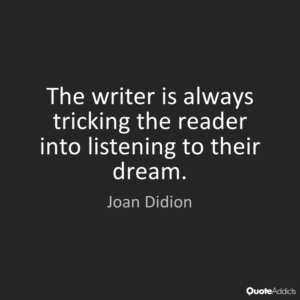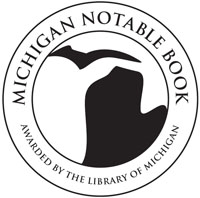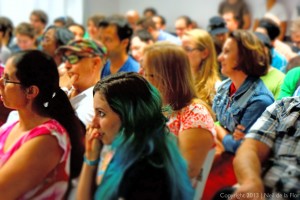Recently, a Washington, DC hairdresser was asked to do hair for someone in the public eye who was going to attend the Inauguration.
This person tried to bargain down the hairdresser’s rate and then proposed something very different than payment: “exposure.” If she would do the job for free, she could be sure her business would get PR on social media.
The hairdresser declined–and rightly so.
As a writer, I hear stories like this all the time from other writers at all stages in their careers who are asked to work for free in one way or another with the promise of that elusive (and dubious) thing exposure. It always strikes a sour note.
 I understand why people want to get something for nothing. And it’s also not hard to see why the fantasy of exposure is so tempting to newbie writers. People don’t know who you are yet, and nowadays everyone thinks that we’re all just one click away from becoming viral.
I understand why people want to get something for nothing. And it’s also not hard to see why the fantasy of exposure is so tempting to newbie writers. People don’t know who you are yet, and nowadays everyone thinks that we’re all just one click away from becoming viral.
But unless someone incredibly famous at the level of Oprah or Ellen with amazing media access makes you an offer, you might as well pass.
Even after having published two dozen books, I still get asked to write things for free with the promise that it’s somehow going to enhance my stature in the world and make me oh-so-much better known. As if I’m a beggar and I’ve just been waiting for that specific handout.
The offer sometimes feels insulting, but I don’t care anymore. I know how empty the promise is, and I decline.
 And so should anyone who doesn’t want to waste their time. Writers need to value what they do. A young writer I know was all excited about the possibility of her first invitation to do a reading to a special interest group for her debut novel and I urged her to ask for a nominal speaker’s fee. She asked why. Wasn’t it enough that she was going to have an audience?
And so should anyone who doesn’t want to waste their time. Writers need to value what they do. A young writer I know was all excited about the possibility of her first invitation to do a reading to a special interest group for her debut novel and I urged her to ask for a nominal speaker’s fee. She asked why. Wasn’t it enough that she was going to have an audience?
I told her that being paid something would mean that the group inviting her took her seriously, and that she did the same thing herself. It would set a standard going forward.
Writers, artists, professional of all kinds aren’t charities. What we all do is work and it deserves recognition and respect as work unless we’re donating it to raise money for a charity. Selling ourselves short is never a winning proposition.
 Lev Raphael currently teaches creative writing at Michigan State University and has published books in a dozen different genres from memoir to mystery.
Lev Raphael currently teaches creative writing at Michigan State University and has published books in a dozen different genres from memoir to mystery.




